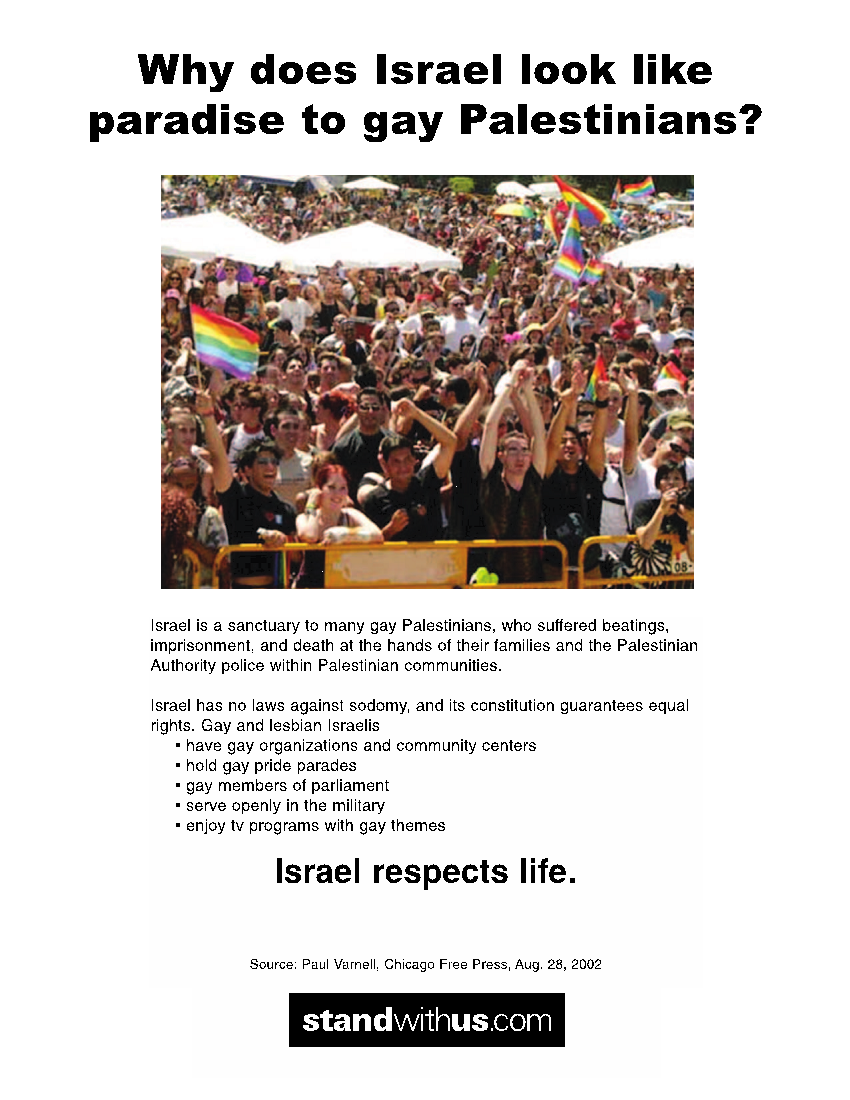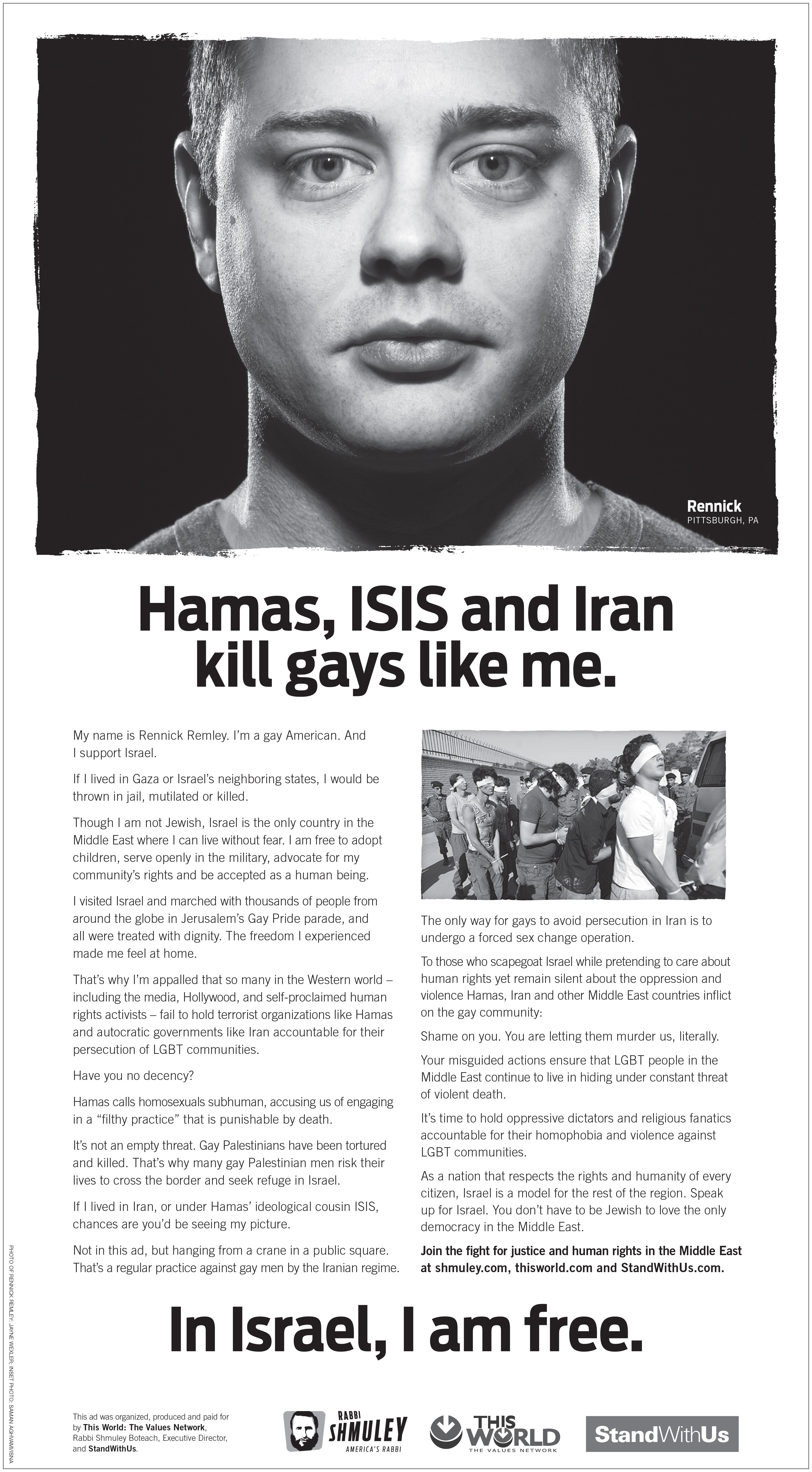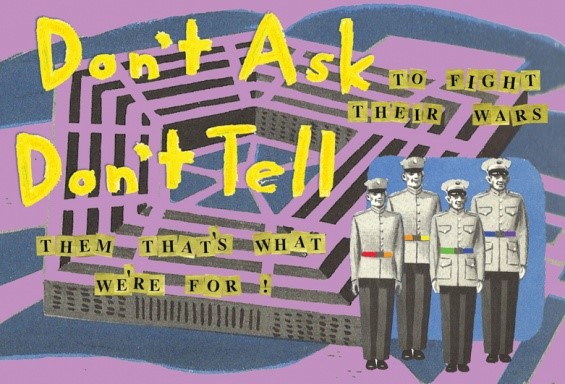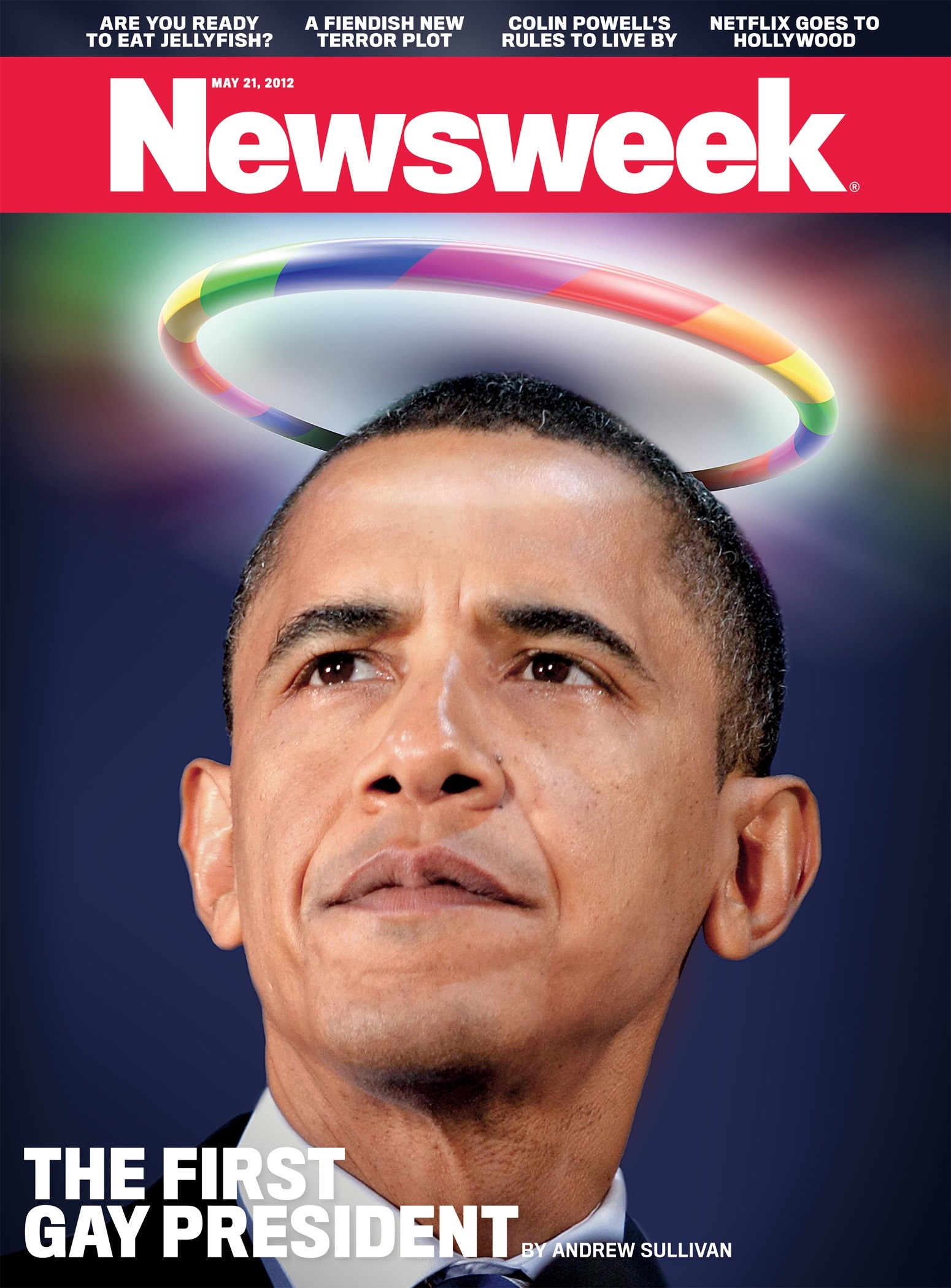The widespread celebration of the recent US Supreme Court decision on gay marriage provides a great opportunity to think about how governments and their institutions get politically rebranded. These days, same-sex marriage is firmly considered a liberal or progressive issue. Images of gay couples getting married stir sentiments about liberation, freedom and equality. Marriage, sexual freedom and equality are now wound together in the cultural imagination. This is a very big shift.
Only a few decades ago, feminist interventions and “sexual liberation” brought about a crisis for the institution of marriage. The sexual liberation work of the 1960’s and 70’s sought to free sexuality from heterosexuality, marriage and procreation. For centuries, feminists had portrayed marriage as a foundation of gender inequality, and sexual violence, and successfully changed laws to make it easier to get out of marriages and to detach some legal and administrative benefits from marriage for partners and from having married parents for children. Work to increase access to birth control helped loosen the ties between sex and the marital family. Marriage was increasingly evaluated with regard to how it distributed benefits and costs, and seeing marriage through a lens of romance, love and idealized care was considered a right-wing viewpoint.
The right wing backlash that ensued sought to lift up “family values” and argued that marriage was the bedrock of civilization and must be encouraged and protected. Conservatives had great success arguing that poverty was a result of unwed motherhood and used this rhetoric in the campaign to dismantle the Aid to Families with Dependent Children program in the mid-1990’s. They even won government-funded programs in the US to promote marriage among poor people.
How do you take a discredited institution, one associated with racist, anti-poor right-wing politics, and get liberals and progressives feeling all warm and fuzzy about it again? How do you get people to stop seeing an institution as something that enhances government control over their personal lives and creates terrible inequalities and start to see it as a romantic site of love, care, tenderness, equality and freedom? You do it by making that institution a site of aspired inclusion for a hated group. Suddenly marriage (or the military, or the police force, or the Boy Scouts) gets rebranded—its importance is not in the harm it does, but in its potential to grant dignity to those who have been excluded from it. And from there on in, any public figure or corporation can ride the coattails of all the good equality and liberation feelings associated with the idea of excluded groups’ resistance simply by saying they think the excluded group should be included in an institution of social control (which has no cost to the status quo). And the institution itself gets rebranded by the inclusive aspirations. Suddenly we don’t hear “that institution is terrible, let’s get rid of it or take away its control over people.” Instead we hear about how vital it is, how essential it is, how much it hurts people to be excluded. Essentially, we have seen marriage rehabilitated from centuries of feminist, anti-racist and anti-colonial critique by a corporate-funded marriage inclusion campaign, and along the way many racist, anti-poor politicians and companies have gotten to enjoy the good PR too with a few choice endorsements.
This kind of rebranding is not unique to marriage. The strategy of rebranding racist, violent apparatuses by casting them as “inclusive” of a hated group and borrowing the symbols and slogans of left social movements is one of today’s most popular strategies for producing and sustaining racist and colonial violence. It is a very smart strategy. Are prisons unpopular in your town? Argue that you are building one that will great for youth and LGBT people. Is the police force facing widespread resistance to its racist violence? Initiate a community collaboration to protect oppressed people by fighting “hate crimes,” write a new mission statement that says the police exist to support “social justice,” and hire a few spokespeople from marginalized groups to do the press conferences. Are your unpopular wars and the brutality of your military coming under increased scrutiny? Grant “equal rights” to women and gay soldiers.
Unfortunately, this kind of rebranding is working well. For US LGBT activists and BDS activists, there is new cause for concern, as this approach continues to increase ties between Israel advocacy organizations and some of the most influential LGBT organizations in the country.
Forty Years of Pride
Last month, leaders LGBT organizations in the US were in Tel Aviv for the “40 Years of Pride” Conference. The conference was organized by A Wider Bridge, an Israel advocacy organization based in the San Francisco Bay Area that “builds bridges between Israelis and LGBTQ North Americans and allies.” The conference has set off a storm of debate about the relationship of gay politics to the boycott of Israel.
The conference program boasts the names of influential US LGBT organizations, including Lambda Legal Defense and Education Fund, the Williams Institute, Equality California and the Point Foundation. The keynote speeches were delivered by Christophe Girard, the mayor of Paris and Ed Murray, the mayor of Seattle.
.jpg)
[Protesters at Seattle City Hall, May 15, 2015, asking Mayor Ed Murray to pull out of the A Wider Bridge “40 Years of Pride” Conference in Tel Aviv.]
The week before the conference, the U.S. Campaign for the Academic and Cultural Boycott wrote advocacy letters to three organizations who have staff listed on the program, Lambda Legal, the Point Foundation and the Williams Institute, asking them to cancel participation. A Wider Bridge’s founder, Arthur Slepian, responded to criticism of the event by describing the choice to have a gathering of global LGBT leaders in Israel as “bold, risky and…required.” Slepian laments that there are “some very strong anti-Israel feelings in parts of the LGBT community” and seeks to transform those feelings by portraying Israel as “a success story in the struggle for LGBT equality.” According to Slepian, the conference would “move our community forward. . .through free speech, dialogue, and open discussion,” which he juxtaposes to the strategy he opposes: boycott.
Critics of the conference and of A Wider Bridge’s work more broadly call it “pinkwashing.” Pinkwashing is one element of Israel’s “Brand Israel” campaign, a campaign undertaken by the Israeli government over the last decade and aimed at shifting the public image of Israel from that of a brutal occupying theocracy to a “modern” and “relevant” democracy. The Brand Israel campaign includes portraying Israel as an innovative “green” economy, and as diverse, equality-loving and democratic. In particular, it utilizes racist and colonial tropes about the Arabic world to portray Israel in contrast to those stereotypes—while Arabs (and Palestinians in particular) are portrayed as backward, homophobic and overly religious, Israel is painted as modern, egalitarian, and forward-thinking. This kind of propaganda aims to court particular liberal and progressive consitutencies in the US, Canada, Europe and elsewhere and help them shift their thinking about Israel by making Israel appear to be allied with issues they already think of as progressive. Pinkwashing---portraying Israel as gay-friendly (against a portrayal of Palestine as homophobic) and a gay tourism destination---is one example. Another is the portrayal of the Israeli military as vegan-friendly, with soldiers given the option of vegan meals and vegan boots. Israel has put millions of dollars into this marketing plan, in part because it must work hard to counter the global success of the Boycott, Divestment and Sanctions (BDS) movement which has exposed Israel’s brutalities and cultivated widespread grassroots mobilization against it. Funding Israeli pinkwashing collaborations with groups like A Wider Bridge is part of this.
A Wider Bridge’s programs seek to transform perceptions of Israel by portraying it as a “gay friendly” place. A Wider Bridge organizes speaking tours for Israeli activists working on LGBT issues, tours for LGBT people to go to Israel, and screenings of films that portray Israel as gay-friendly. It also works with campus-based Israel advocacy organizations to produce programming that portrays Israel as gay-friendly. Not surprisingly, A Wider Bridge partners with other Israel advocacy organizations like Hillel and Stand With Us. A Wider Bridge programming receives funding from the Israeli government and conservative foundations. A Wider Bridge’s talking points mirror the talking points that Israel advocacy organizations and the government of Israel have used for the past decade or so, portraying Israel as modern, diverse, democratic, an innovative.

[Stand With Us pinkwashing poster.]
Gay Israel advocates like Arthur Slepian and Ed Murray have responded to critiques by denying that what A Wider Bridge is doing is pinkwashing. They say they are just trying to promote conversations about LGBT rights internationally and it is important to talk about Israel because it is so great on gay rights. Influential gay Zionist, Michael Lucas, who was behind the NYC LGBT Center’s 2011 ban on use of its space for events related to Palestine, has called pinkwashing a “despicable” and “discredited” concept. He and Slepian deny that the talking points they persistently reiterate about Israel’s gay rights accomplishments are propaganda for Israel. Nonetheless, they use language and arguments identical to that used by the Israeli government and right wing Israeli advocacy organizations like Stand With Us. Jay Michaelson, a frequent commentator on this issue, takes a different position which also denies A Wider Bridge’s work is pinkwashing. He acknowledges that pinkwashing exists and that it has been an explicit Israel advocacy strategy funded by the Israeli government, but distinguishes A Wider Bridge’s work. Recently Michaelson wrote, “Israel is a complicated, multifaceted place. One can talk about LGBT people in Israel, as a Wider Bridge does, without using it for hasbara [propaganda] purposes, as the Israeli Consulate sometimes does.”

These attempts to distinguish the work of A Wider Bridge from propaganda, of course, fail. First, they ignore the material reality that this work is funded by the Israeli government and conservative Zionist foundations. The Israeli Foreign Ministry paid for for Mayor Ed Murray’s trip to Israel for the “40 Years of Pride” conference. The Israeli Consulate has funded films that A Wider Bridge has promoted and speaking tours like A Wider Bridge’s “Rainbow Generations” tour of the West Coast that erupted in controversy in 2012 when it was exposed as propaganda.
[insert embedded Pinkwashing Exposed with caption “Pinkwashing Exposed: Seattle Fights Back is a 1-hour documentary that chronicles the 2012 controversy surrounding A Wider Bridge’s Rainbow Generations tour.” Here is the embed code:
That 2012 incident further undermines Michaelson’s attempts to distinguish A Wider Bridge from Stand With Us. A Wider Bridge and Stand With Us co-sponsored the City of Seattle event that was canceled after it was exposed as propaganda. It was probably a strategic error for A Wider Bridge to partner with Stand With Us, given that the cozy relationship Stand With Us and the virulently homophobic organization Christians United for Israel makes it painfully obvious that Stand With Us’ recent interest in gay rights is merely an Israel advocacy strategy and not connected to any genuine concern for queer people’s well-being. The suggestion that A Wider Bridge and Stand With Us are totally different beasts is unconvincing. Both are Israel advocacy organizations. Both use gay rights as a vehicle for Israel advocacy. A Wider Bridge just does this in a way that is more comfortable for liberals.
One has to look no further that A Wider Bridge’s website to understand that A Wider Bridge is an Israel advocacy organization. It is not an organization about LGBT people and Jewish identity or Jewish religion; it is an organization about LGBT people and Israel. Its programs and projects are focused on increasing the relationship between LGBT people and people who care about gay rights and Israel and Israelis, and its central talking point is the same portrayal of Israel as a gay rights haven and tourist destination that Stand With Us and the Israeli Consulate trumpet, which is why they can partner on projects that maintain an entirely pro-Israel framing.
US Gay Equality Organizations Primed to Pinkwash Israel
Unfortunately, U.S. audiences are primed for a pinkwashing message and U.S. gay rights organizations are primed for participation in this kind of propaganda because of the rise of a conservative, single-issue gay politics as the most visible anti-homophobic politics in the country. The last four decades have seen the development of what Lisa Duggan has called, “Gay, Inc.”—a formation of gay philanthropically-controlled non-profit organizations that have crafted a gay agenda that comports perfectly with the U.S. neoliberal politics that are producing mounting suffering within and outside the U.S.. Where a few decades ago, U.S. queer and trans politics was most visibly organized against police violence, and deeply aligned with and overlapping with feminist, anti-war, anti-racist and anti-colonial movements of the time, today’s most visible gay politics is pro-military, pro-policing, and pro-marriage. Anti-homophobia has become synonymous with conservative family values rhetoric that lifts up marriage a the foundational building block of society and an appropriate mechanism for distributing basic life necessities like immigration status and health care. “Gay rights” has become a site for portraying the U.S. military as a desirable workplace doing valiant labor to protect the nation. As Angela Harris has described, a gay politics has emerged that is a far cry from the incendiary moments of Stonewall when gender and sexual rule-breakers fought back against police attack, to the development of an advocacy strategy that centers a portrayal of rule-abiding white gay suburbanites who seek nothing more than access to the spoils of US empire and white privilege.

[Image by Chris E. Vargas.]
Rather than being on the front lines of battles against police violence, the largest and most influential gay organizations have spent recent decades fighting for more punishing power for prosecutors, using a “hate crimes” rubric that puts faith in the criminal legal system as a protector of marginalized groups. Critics argue that this conservative gay framework has done little to address the plight of queer and trans people bearing the brunt of homophobia and transphobia in the US, but has done a great deal to rehabilitate the public images of institutions that left movements have targeted and exposed and violent and illegitimate: the nuclear family, the U.S. military, and the U.S. police state. Sponsors of conservative gay rights organizations have included some of the wealthiest corporations and individuals for whom this tamed, domesticated gay agenda proves beneficial.
Grassroots racial and economic justice-centered queer and trans organizations and individual activists and scholars have been pushing back on this conservative gay agenda throughout its development. They have consistently pointed out how developing a single issue gay politics—a gay politics in which advocacy frames issues of homophobia and transphobia in ways that exclude consideration of racism, colonialism, sexism and ablism—ends up promoting a gay politics that lines up with those forces and directly harming queer and trans people of color, people with disabilities, immigrants, indigenous people and women. A classic example of this kind of single-issue politics was the controversy over the Human Rights Campaign’s 1998 endorsement of Senator Al D`Amato for re-election. HRC praised D’Amato’s record on gay issues and endorsed him despite his support for capital punishment and harsh drug laws, his opposition to abortion rights and conservatism on a range of other issues that impact women, poor people and people of color.
The rise of this single-issue, conservative gay politics in the U.S. has helped numerous politicians and corporations pinkwash their anti-poor, racist, sexist and pro-war policymaking by casting themselves as progressive by supporting gay military participation and same-sex marriage. Obama’s second term has been characterized by this pinkwashing. He has come out in favor of gay marriage and gay military participation and used the progressivism associated with gay rights to distract from his continuing commitment to building the power of the most violent apparatuses of the US government—expanding border enforcement, maintaining the world’s largest prison system, targeting whistleblowers, and continuing the war on terror.

The participation of leaders from so many influential gay organizations in the “40 Years of Pride” conference in Tel Aviv last week, particularly Lambda Legal Defense and Education Fund, the Point Foundation, Equality California and the Williams Institute, demonstrates that A Wider Bridge’s pinkwashing frames are effectively recruiting larger institutional partners. This is working because the political frames being used to paint a picture of Israeli gay rights that normalizes the occupation of Palestine and papers over the racism of Israeli apartheid dovetails perfectly with the most well-resourced gay rights rhetoric and advocacy strategies in the U.S. which work to pinkwash US racism, imperialism and colonialism.
At the same time, robust movements against police violence, mass imprisonment, immigration enforcement and US settler colonialism are making strides in the US, and many in those movements are connecting queer and trans politics and Palestinian liberation to those struggles. This work exposes the corruption of US pinkwashing and Israeli pinkwashing, and threatens the effectiveness of such propaganda. This grassroots racial justice work is also, increasingly, forcing U.S. gay rights organization to become, or at least appear, more responsive to the most urgent racial justice issues in the U.S. As A Wider Bridge vies to bring the U.S. gay mainstream closer to Israeli advocacy work, racial-justice and anti-colonial left movements are exerting pressure from the other side that is contesting this alliance. Given the significant resources of Zionist advocacy and the record of accountability of gay rights organizations to wealthy donors rather than queer and trans people suffering under racism, poverty and homophobia, it will be a significant struggle to pull these gay rights organizations back from further collaboration with Zionist projects.